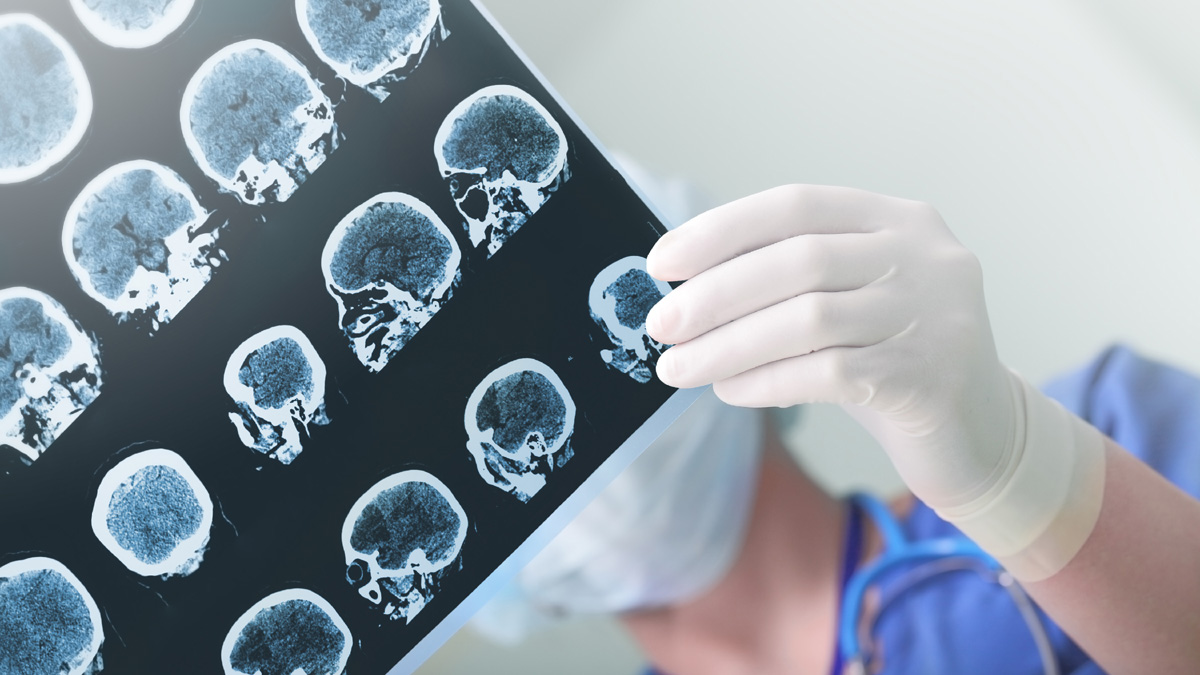
Every day, people walk away from accidents or minor mishaps believing they’re unharmed, unaware that they may be carrying the invisible burden of a traumatic brain injury (TBI). For many, the symptoms of a TBI can be so subtle or delayed that they’re often brushed off as stress, fatigue, or just a minor bump to the head. However, the impact of an untreated or undiagnosed TBI can be profound, affecting memory, mood, and even physical function in ways that change daily life.
Traumatic Brain Injuries (TBIs) are complex and often misunderstood conditions. Despite the significant advancements in diagnostic tools, TBIs remain underdiagnosed and undertreated, leading to prolonged suffering for many patients. At Allied Neurology & Interventional Pain Practice, P.C., we prioritize thorough assessments using state-of-the-art imaging and neurological evaluations. Our commitment to patient-centered care means exploring all treatment options, from non-invasive therapies to advanced interventions, to ensure the best possible outcome for our patients. With years of experience in pain management, we’re dedicated to addressing the gaps often seen in TBI care.
Traumatic Brain Injuries (TBIs) can have life-altering effects on individuals, affecting everything from physical capabilities to mental health and cognitive function. However, TBIs are often underdiagnosed and undertreated, leaving many people without the proper care needed for a full recovery. This issue is particularly significant because even minor head injuries can lead to long-term consequences if not accurately assessed and managed. Recognizing the signs and understanding the complexities of TBIs can help prevent these critical injuries from being overlooked or mishandled.
A significant challenge in treating TBIs is the high rate of underdiagnosis. Many cases of mild TBIs, often termed concussions, go undetected as symptoms may be subtle or delayed. Symptoms like headaches, dizziness, fatigue, and cognitive difficulties are sometimes dismissed as minor or attributed to other causes. This issue is further complicated by the limitations of standard imaging tests, which may not reveal subtle brain changes in cases of mild TBI.
Early detection is critical because untreated TBIs can lead to chronic issues like memory problems, mood disorders, and even an increased risk of dementia. Addressing these diagnostic gaps is essential for improving patient outcomes.
Even when a TBI is diagnosed, it may still go untreated. Treatment for TBIs requires a multidisciplinary approach involving neurology, physical therapy, cognitive therapy, and, in some cases, psychological support. However, access to these services can be limited due to various barriers.
Without appropriate treatment, TBI patients are at risk of experiencing chronic symptoms that significantly impact their quality of life. A tailored treatment plan, including symptom management, physical rehabilitation, and cognitive therapy, can make a critical difference in recovery.
Traumatic Brain Injuries (TBIs) can be life-altering. At Allied Neurology & Interventional Pain Practice, P.C., we’re dedicated to comprehensive neurological evaluations to identify these often-missed injuries. We understand that symptoms can be delayed, subtle, or misdiagnosed, leading to untreated conditions that impact your well-being. Our advanced diagnostic tools and commitment to conservative, non-surgical approaches set us apart. We aim to detect and address TBIs early, helping to prevent chronic issues.
Our team offers a multidisciplinary approach for effective TBI recovery, integrating neurological care, physical therapy, and cognitive rehabilitation. Our experience in treating complex conditions means you receive compassionate care tailored to your needs. If you or someone you know might be experiencing symptoms related to a TBI, contact us at (201) 894-1313 or through our contact form for a consultation.